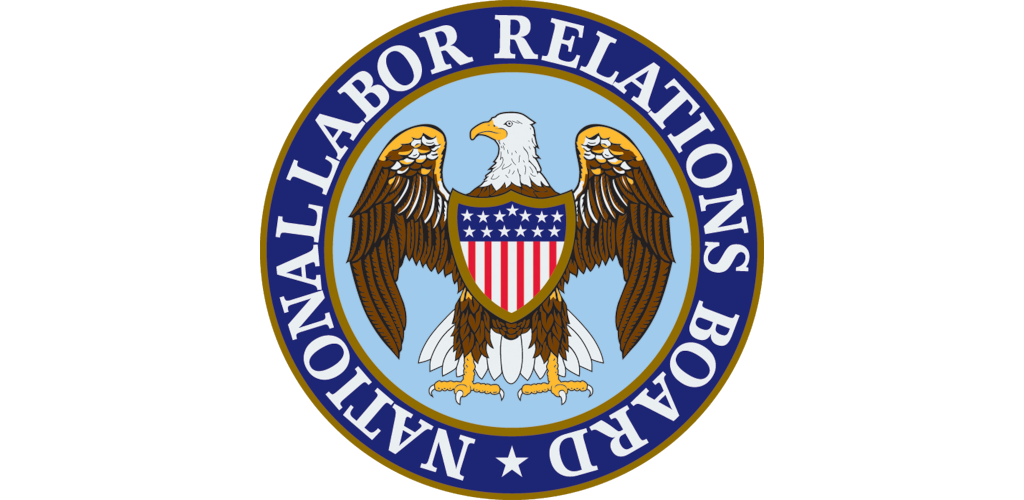On June 23, 2022, National Labor Relations Board General Counsel Jennifer A. Abruzzo issued Memorandum GC 22-06 advising Regions that they may seek a judgment to force employers to comply with the specific terms of settlement agreements in unfair labor practice (ULP) charges rather than a default judgment.
Memorandum GC 22-06 praised the Regions for continuing to require “full remedies” in settlement agreements in line with previous guidance and advised the Regions that they “must be proactive in ensuring compliance with settlement agreements, including enforcing default judgment provisions in the event of non-compliance.” While the issuance of an order “providing a full remedy for the violations of the alleged complaint” is “most often” the best response to non-compliance, there may be situations in which a “Board order requiring the charged party to effectuate the unfulfilled obligations terms of the settlement may better effectuate” the National Labor Relations Act (NLRA), the memorandum stated.
For example, the memorandum cited in a footnote a situation in which a victim of discrimination settles a ULP charge by agreeing to waive reinstatement in exchange for front-pay so that the employee can relocate for another job. The employee in that situation would only benefit from compliance with the settlement agreement terms “because reinstatement had been rendered impractical,” the memorandum stated.
The memorandum instructed Regions to include new default language in settlement agreements to the effect that the charged party agrees that the Board may issue a default judgment against the Charged Party on the allegations of the ULP “and/or an order requiring the Charged Party to perform terms of this settlement agreement.” [Emphasis added.]
The guidance comes after the general counsel last year told Regions to “provide the fullest and most effective relief possible to the victims” of alleged ULP violations. This includes securing all remedies such as back-pay, front-pay, and consequential damages, such as reimbursement for credit card late fees or loss of a home or car for failure to keep up with loan payments as a result of being unlawfully fired.
The new memorandum further highlighted some of the “full remedies” that Regions have already secured under this approach, including: repaying the cost of baby formula because of the loss of breast pumping areas at work; issuing apology letters to reinstated employees; permitting union use of employer bulletin boards; providing the contact information of employees to unions; training for supervisors and manages; repaying union bargaining costs during periods of alleged bad faith bargaining; and even creating “a video recording of the Board agent reading the notice, in the presence of senior charged party official, to be distributed to employees at multiple facilities.”
Key Takeaways
The latest memorandum extends the requirement that settlement agreements must include full remedies, which may be burdensome for employers to provide, and opens the door to employers being ordered to comply. Employers may want to consider the feasibility of meeting settlement obligations under these procedures in deciding whether to settle a ULP charge.
Ogletree Deakins’ Traditional Labor Relations Practice Group will continue to monitor these regulatory developments and will provide updates on the Traditional Labor Relations blog. Important information for employers is also available via the firm’s webinar and podcast programs.






